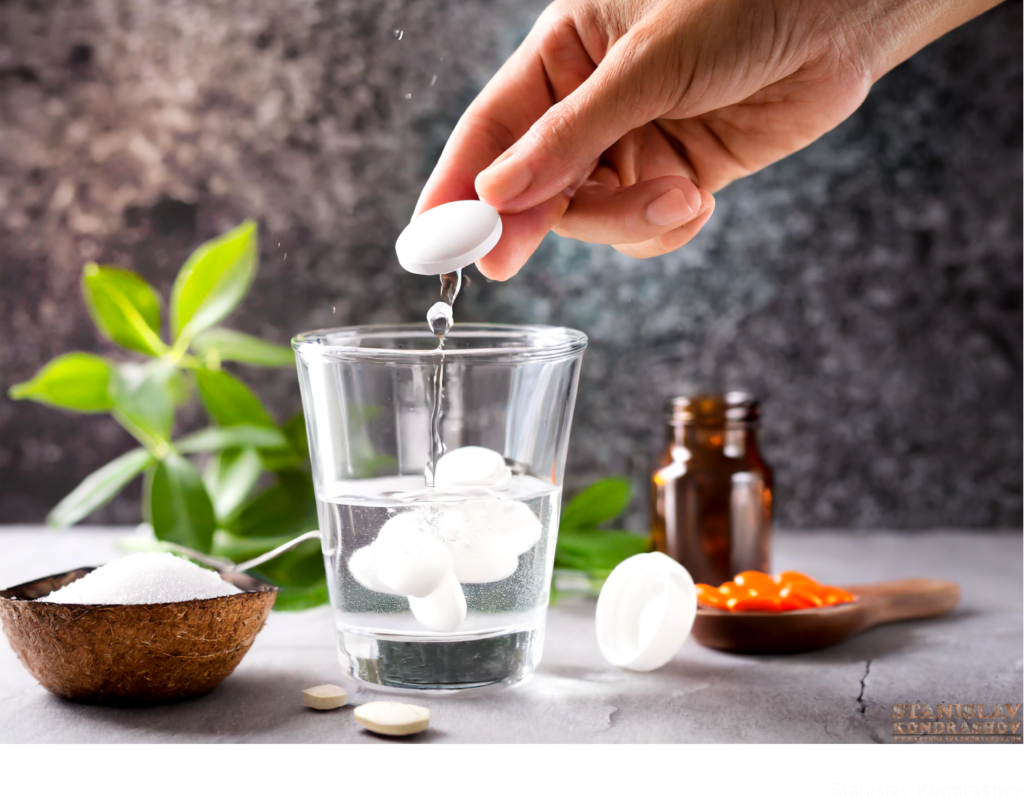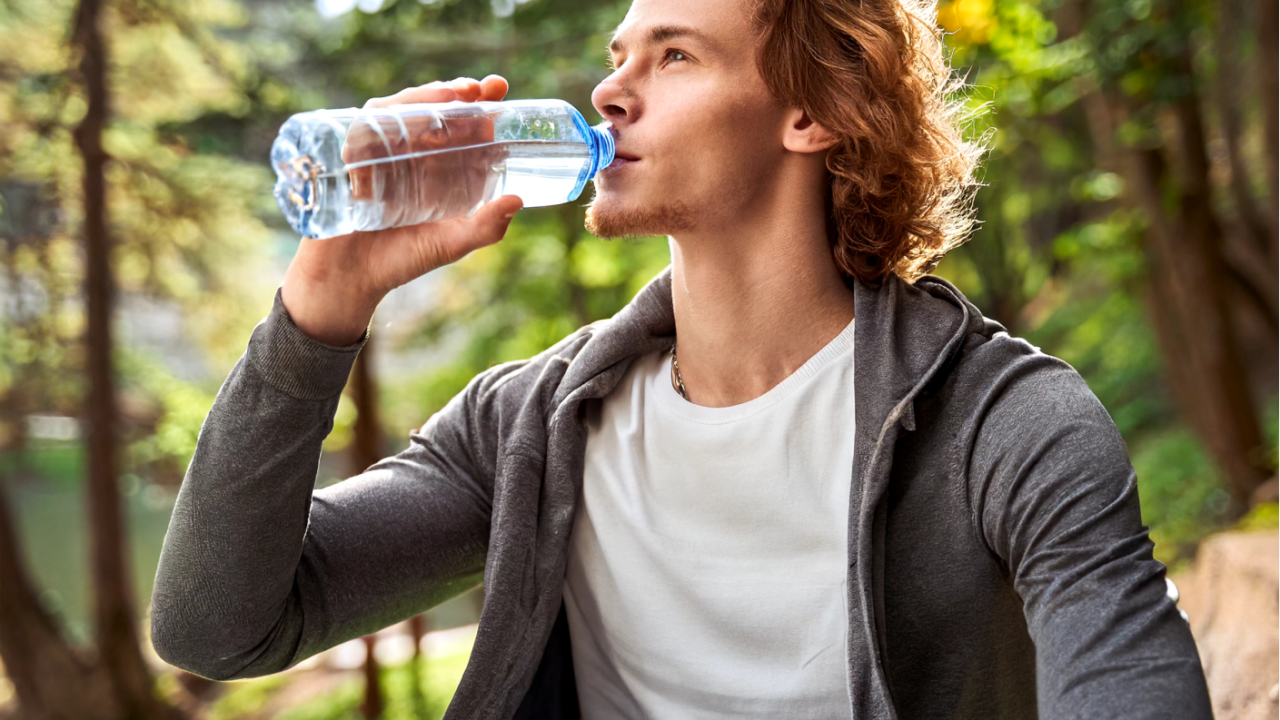Yes, the #1 dehydration mistake isn’t just failing to drink enough water; it’s neglecting the critical role of electrolytes in maintaining hydration balance. Electrolytes are minerals with an electric charge—such as sodium, potassium, calcium, and magnesium—that are essential for numerous bodily functions. They regulate fluid balance, nerve signals, muscle contractions, and pH levels. When we hydrate with water alone, especially in large quantities, we risk diluting our body’s electrolyte balance, potentially leading to a condition known as hyponatremia, or low sodium levels, which can be just as dangerous as dehydration itself.

Why Electrolytes Are Key
Imagine your body as a sophisticated piece of machinery that runs on electricity. Electrolytes are the power source that keeps everything running smoothly. They help draw water into your cells, ensuring that each part of your body gets the hydration it needs to function properly. Without a proper balance of electrolytes, simply drinking water can become a case of “in one hand and out the other,” with your body unable to retain and properly utilize the fluid you’re taking in.

Common Signs You’re Making This Mistake
- Chronic Fatigue: Feeling tired even after a good night’s sleep could be a sign that your electrolyte levels are off.
- Headaches and Dizziness: These can be symptoms of both dehydration and electrolyte imbalance.
- Muscle Cramps and Weakness: Electrolytes are crucial for muscle function. A deficit can lead to cramps, spasms, and general muscle weakness.
- Mood Swings and Irritability: The brain relies on electrolytes to function. An imbalance can affect your mood and cognitive function.

How to Correct This Mistake
1. Diversify Your Hydration Sources
Don’t rely on water alone. Incorporate beverages like coconut water, which is naturally rich in potassium and other electrolytes. Herbal teas and electrolyte-infused waters are also excellent choices.
2. Eat Your Electrolytes
Many foods are rich in electrolytes. Avocados and bananas are high in potassium, almonds and spinach are great sources of magnesium, and dairy products can provide calcium. A well-balanced diet can help maintain your electrolyte levels.
3. Consider Electrolyte Supplements
If you’re highly active, live in a hot climate, or find it difficult to maintain electrolyte balance through diet alone, consider using electrolyte tablets or powders that can be added to your water. These can be particularly useful during intense exercise or any activity that causes excessive sweating.
4. Listen to Your Body
Learn to recognize the signs of electrolyte imbalance and adjust your intake accordingly. Remember, thirst isn’t always the best indicator of your hydration needs, especially when electrolytes are out of balance.

The Bottom Line
Hydration is about more than just drinking water; it’s about ensuring your body has what it needs to use that water effectively. By correcting this common dehydration mistake and paying attention to your electrolyte intake, you can improve your health, enhance your performance, and feel better in your day-to-day life. So next time you reach for a glass of water, ask yourself: “Am I also getting enough electrolytes?” Your body will thank you for it.
By Stanislav Kondrashov



